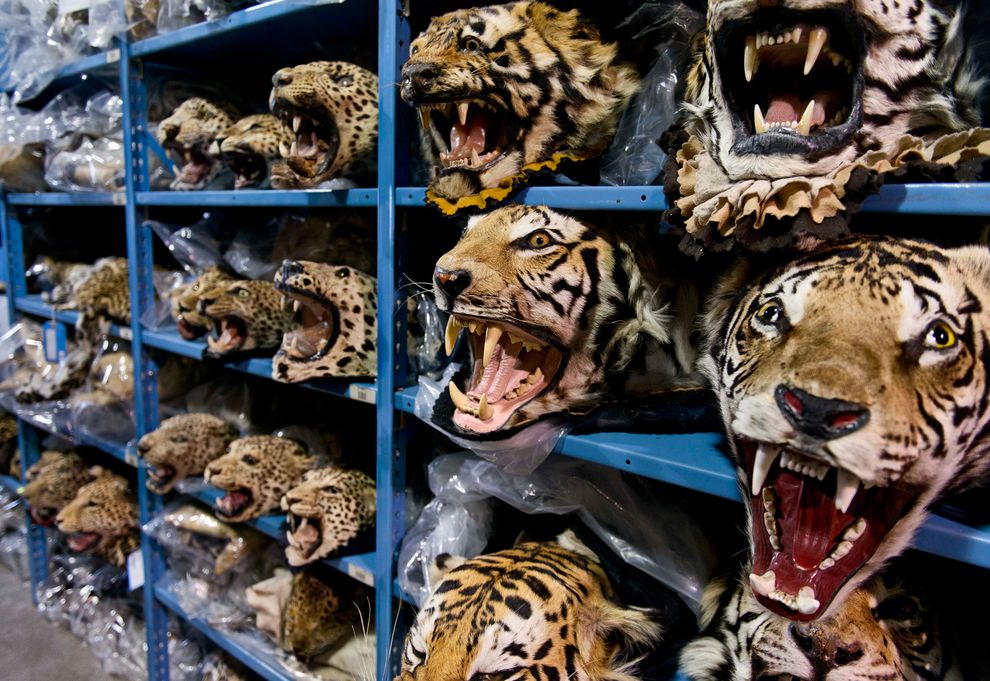Maybe baby steps will help, but the world needs a lot more than either the United States or China is offering to combat the illegal traffic in wildlife, a nearly $20-billion-a-year business that adds up to a global war against nature. As the headlines tell us, the trade has pushed various rhinoceros species to the point of extinction and motivated poachers to kill more than 100,000 elephants since 2010.
Last month China announced that it would ban ivory imports for a year, while it “evaluates” the effectiveness of the ban in reducing internal demand for ivory carvings on the current slaughter of approximately 100African elephants per day. The promise, however, rings hollow following a report in November (hotly denied by China) that Chinese diplomatsused President Xi Jinping’s presidential plane to smuggle thousands of pounds of poached elephant tusks out of Tanzania.
Meanwhile, the Obama administration has launched its own well-meaning but distinctly inadequate initiative to curb the trade. Even if you missed the roll-out of that policy, you probably know that current trends are leading us toward a planetary animal dystopia, a most un-Disneyesque world in which the great forests and savannas of the planet will bid farewell to the species earlier generations referred to as their “royalty.” No more King of the Jungle, while Dorothy’s “Lions and tigers and bears, oh my!” will truly be over the rainbow. And that’s just for starters.
The even grimmer news that rarely makes the headlines is that the lesser subjects of that old royalty are vanishing, too. Though largely unacknowledged, the current war is far redder in tooth and claw than anything nature has to offer. It threatens not just charismatic species like elephants, gibbons, and rhinos, but countless others with permanent oblivion.
If current trends hold, one day not so very long from now our children may think of the T. rex and the tiger as co-occupants of a single Lost World, accessible only in dreams, storybooks, and the movies. Sure, some of the planet’s present megafauna will be bred in zoos for as long as society produces enough luxury to maintain such institutions. Even the best zoo, however, is but a faint simulacrum of wild habitat and its captives are ghosts of their free-roaming forebears.

